10 Fun Ideas For Your Next D&D Adventure
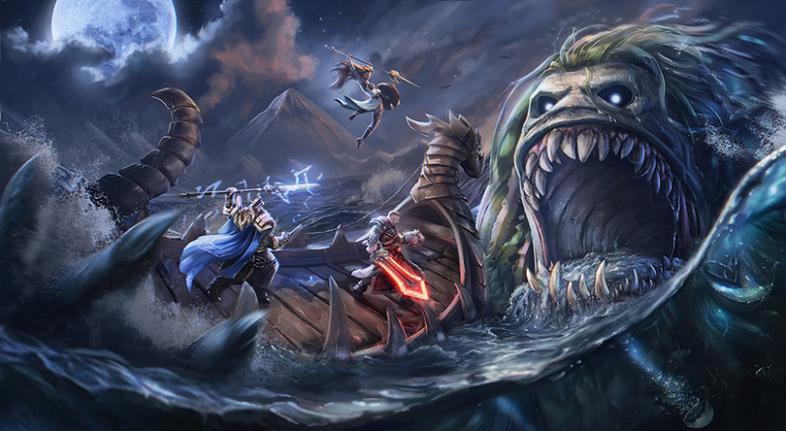
Planning and running a D&D adventure can be a chore. However, with these 10 tips, your next adventure is sure to be a breeze!
1) Try a different hook
 Every story needs a good hook...
Every story needs a good hook...
Every adventure has a beginning. Most average campaigns start with a group checking out the taverns or going to a city's guild halls to look for things to do. Why not zig a bit and have your group stumble across an abandoned package with an undelivered letter? Or maybe they stumble across a small-scale battlefield? Or an empty town? Getting them into the story without the usual "find a quest-giver" motif can be a great way to kick off a new adventure! How it works
- Instead of reporting to a guildhall, have the party find an undelivered letter
- Set up a mystery in the field that makes the party wonder
- Have the party overhear some juicy gossip somewhere
2) Add some variety to your group's usual
 Variety is the spice of life... and story!
Variety is the spice of life... and story!
If you're running with a long-established group of murder hoboes, then maybe one of their past murdering sprees will come back to bite them. If your group is filled with erudite wizards, then maybe the local god of magic would like to test them for advancement. Running with a diverse group of humans, half-orcs, halflings, elves, dwarves, and tieflings who rarely trouble themselves with character development? Maybe a group of zealots passing through objects to such a mélange and stirs up trouble, giving the players a chance to think about what brings their characters together. If this doesn't make your group happy, well, it's a simple enough zag to zig your way out of.
- Use the traits of your party to set up the adventure
- Do something that will help them advance on their current path
- If the players want to have their characters develop or evolve their backstories or their bonds as friends, set up an adventure that challenges them on those terms
3) That random item you started with or picked up? Well...
 Sometimes your party will find the strangest things...
Sometimes your party will find the strangest things...
Let's be honest: most of our players (and ourselves) are pack rats. So, chances are that someone in your group either has already picked up or will soon pick up a random bit of junk and hold on to it. That random garbage could actually be the hook to your next adventure or to the next stage in your current one. Did your bard find an empty wine bottle around the camp? It could be that it's actually a prison for some kind of demonic or astral being. Did your cleric trip over a stick while going for their evening prayers? It looks like someone found the Ancient and Blessed Staff of Simeon the Sage. The sky is the limit with this particular twist in the plot!
- If your party picked up a random belt or ring, have it be the trigger for a mission
- If one of your party members started off with a random item from the Big List of Random Items in the Player Handbook, use it as a hook for a new adventure
- Use random letters, messages, pictures, or personal effects that can be found on corpses as ways to expand the world your players are adventuring in
- A random treasure map could reveal a treasure that would be valued only by a small child but could be used to hook the party into helping a small village with a problem
4) Recruited!
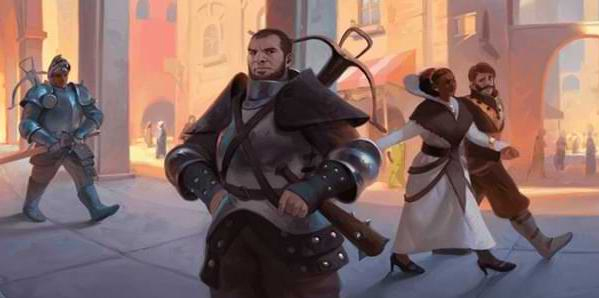 We Want YOU... to join our adventure!
We Want YOU... to join our adventure!
If you've had trouble in the past or if your current group is getting bored with following standard adventure hooks and you don't feel equal to developing something completely out of the box, then have your party get recruited by some secret agency. The best part is, you don't have to decide now if the agency is good or bad! Just make it secret, make the recruiter mysterious, and have them show up at random places, and the hook will be set!
- Every nation has some kind of shadowy spy agency – Have it reach out to your party
- Hold meetings with the recruiter by having them turn up in the party's rooms randomly
- Have couriers deliver cryptic messages and missions
- Consider having this agency be working for the opposite purpose the party thinks they are serving
5) What was in that salad?
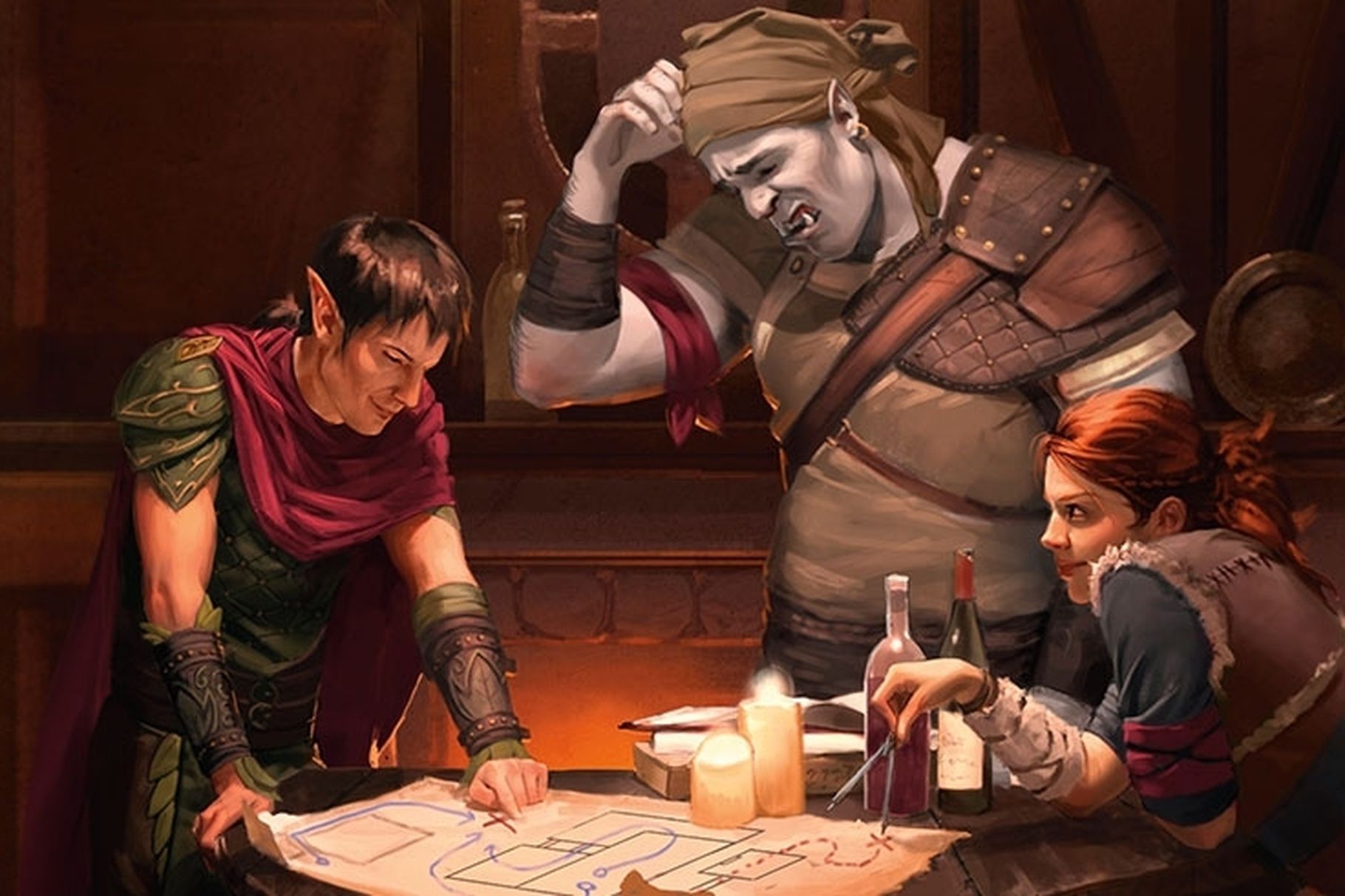 Who are you again? For that matter, who am I?!
Who are you again? For that matter, who am I?!
If you're trying to ease a new group in or an old group into new roles, try a one-off adventure where the party wakes up and only remembers their names. Take the opportunity to describe to them what they can and can't do only when they try to do something that would be easy or difficult. For example, if your wizard with a strength score of a wet noodle tries to lift a heavy object, say, "You struggle with all your might to lift the thing, but your spaghetti arms and chicken legs are clearly not up to the task."
- Have a good idea of what each member of the party looks like and how their stats impact that before hand
- Plan the encounter that leads to the bout of forgetfulness carefully
- Keep the tone light and humorous – this is one of those tricks that can get frustrating very quickly
- If the party gets annoyed, let everyone remember or know what their stats are and move on to the next adventure
6) Don't fill in for your players
 Don't be this guy who shows up and says "I am the unsecret son of the Great King and the High Goddess and I'm here to help!"
Don't be this guy who shows up and says "I am the unsecret son of the Great King and the High Goddess and I'm here to help!"
Too many DMs try to help the party out by inserting a character they (the DM) control to fill in for a deficiency. If your party is heavily stacked towards fighters or completely lacks muscle, then use that as a plot point or adapt your planned encounters to fit with the party. For instance, if you were planning for a lot of encounters that would require high intelligence checks but your party's average intelligence is "could sometimes pour water out of a boot if the instructions were on the heel," then rework those encounters.
- Don't roll an NPC and have it join the party
- Rework your encounters to play to the party's strengths
- Consider allowing your party to have pets or minions that can fill in the missing roles if necessary
7) Keep the party the main cast
 Divas are great for operas, not for D&D games
Divas are great for operas, not for D&D games
Another thing that DMs do by inserting their own character into the party is to have a "main character" that they control or another way to control the party and keep them on the narrative that the DM desires. This is a rookie move. Instead, avoid the temptation to turn the party's story into Your Narrative Struggle and keep your DMNPCs to a minimum of mercenaries or guides through short routes (such as a local guiding them to a set of ruins in a forest)
- Don't roll an NPC and have it join the party
- If you do, make that NPC a mercenary with no backstory
- If you have a DMNPC, don't let them make decisions, offer advice, or do anything that might alter your players' choices. This tends to be difficult so it's easier to follow point one (Don't role an NPC to join the party)
8) Mirror Groups
 If it works for Star Trek, it can work for you!
If it works for Star Trek, it can work for you!
If your party is particularly recalcitrant and refuses to follow any hooks, instead wandering through the forest or getting black-out drunk at the local watering hole, then have another group of adventurers show up and quietly do the tasks your group was supposed to have done and get the reward. No need to throw it in their faces but if your party finally decides to do the story you set up after a month of ducking it, let them know that the story won't wait around forever…
- Without rolling any stats or coming up with any background, just have another group of adventurers who do the stuff your group was supposed to do
- If your group is constantly slow to follow the story, maybe have this group become a rival group they're competing against
9) Find ways to involve the players before the game starts
 "I'll have a fresh adventure with a slice of 'let's go to the moon this time!' Hold the mayo."
"I'll have a fresh adventure with a slice of 'let's go to the moon this time!' Hold the mayo."
If you are either completely new to D&D or if your group has been grousing over the last few adventures, try having a brainstorming session where everyone gets to give you feedback. This is also often a good idea for a kind of post-mortem once an adventure has wrapped up. It gives your players a chance to share their thoughts about what went well, what didn't, and what they might like to see in the future, and it gives you a bit of a break from having to develop every decision point yourself.
- Consider having the group over for dinner and talk during or after the meal
- Have a notepad ready
- Ask them "What went well?" "What went poorly?" "What is something you would like to see in the future?"
- Find ways to say "yes." If one person really wants to be an evil character, find a way to help them make that work. If the party really wants to be just a bunch of rogues, figure out how you can help them achieve that and still have good adventures. If they want to play in a particular setting, work out how to get the resource books so you can write or plan in that setting. Let them have some say and the rewards will be well worth the loss of complete control!
10) Make good use of your toolkit
 Technology can be your best friend with D&D!
Technology can be your best friend with D&D!
One of the biggest hurdles to having a regular gaming group or even getting an adventure going is coordinating everyone's schedules. Make use of more online tools, such as Discord, the Roll20 website, group chats, and any other online tools you and your players are familiar with and comfortable using to coordinate your sessions. If one of you has to stay home with a sick child, for instance, let that person join in over Discord. If you lack space for good dice throws, then run those through Roll20.net. If you're having trouble, reach out to the storytelling communities you can find online for ideas beyond these 10 tips!
- Make use of tools like Discord, Roll20, and group chat apps on your phone
- Use shared calendars to keep track of availability
- Try to make certain that any meeting location works for your group
- Log in or register to post comments
 Home
Home PC Game Trailers
PC Game Trailers News
News Menu
Menu


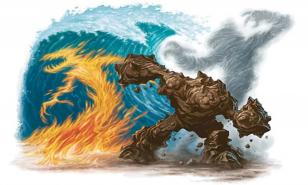


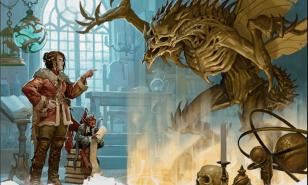
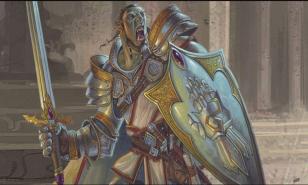
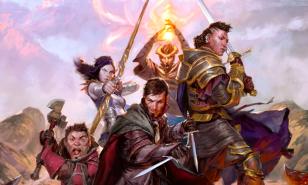
![[Top 5] D&D Best Rogue Multiclass Builds That Are Powerful D&D Best Rogue Builds](https://www.gamersdecide.com/sites/default/files/styles/308x185-scale-crop--more-top-stories/public/top_5_dd_rogue_multiclass_builds_that_are_powerful_rogue_1.jpg)



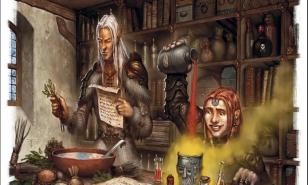



![[Top 20] D&D Best Barbarian Items, Armor and Weapons D&D Best Barbarian Items, Armor and Weapons](https://www.gamersdecide.com/sites/default/files/styles/308x185-scale-crop--more-top-stories/public/4._top-20-dnd-best-barbarian-items-weapons-and-armor-headline_1.jpg)

![[Top 5] D&D Ranger Multiclass Builds That Are Powerful D&D Best Ranger Builds](https://www.gamersdecide.com/sites/default/files/styles/308x185-scale-crop--more-top-stories/public/top-5-dd-best-ranger-multiclass-builds-that-are-powerful-ranger1_1.jpg)


![[Top 3] D&D Best Druid Subclasses To Play](https://www.gamersdecide.com/sites/default/files/styles/308x185-scale-crop--more-top-stories/public/top_3_dd_best_druid_subclasses_to_play_1.jpg)
![[Top 5] D&D Best Sorcerer Multiclass Builds That Are Powerful D&D Best Sorcerer Builds](https://www.gamersdecide.com/sites/default/files/styles/308x185-scale-crop--more-top-stories/public/top-5-dd-best-sorcerer-multiclass-builds-that-are-powerful-titlejpg.png)
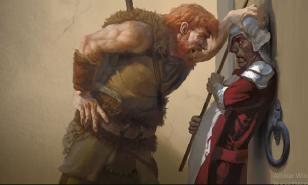



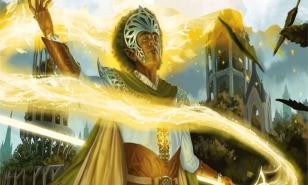
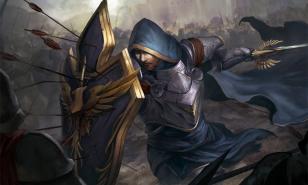
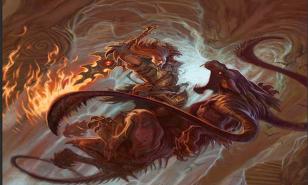

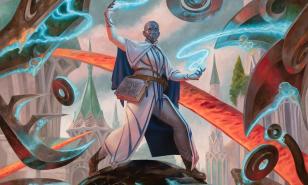





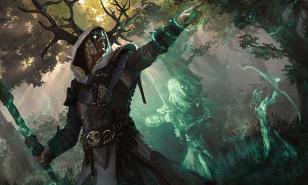
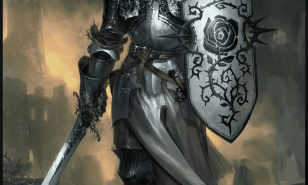
![[Top 5] D&D Best Monk Builds That Are Excellent](https://www.gamersdecide.com/sites/default/files/styles/308x185-scale-crop--more-top-stories/public/screen_shot_2022-02-16_at_3.13.03_am.jpg)








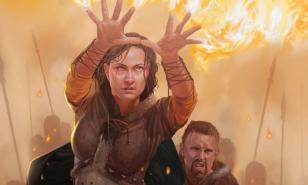


![[Top 25] D&D Best Boss Monsters dnd boss monsters, dnd boss monster, best dnd boss monster, best dnd boss monsters, boss monsters for dnd, boss monster for dnd, dnd boss fight, boss fight, top boss monsters dnd, dnd top boss monsters, dnd top boss monster](https://www.gamersdecide.com/sites/default/files/styles/308x185-scale-crop--more-top-stories/public/boss_fight_3.jpg)